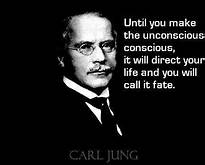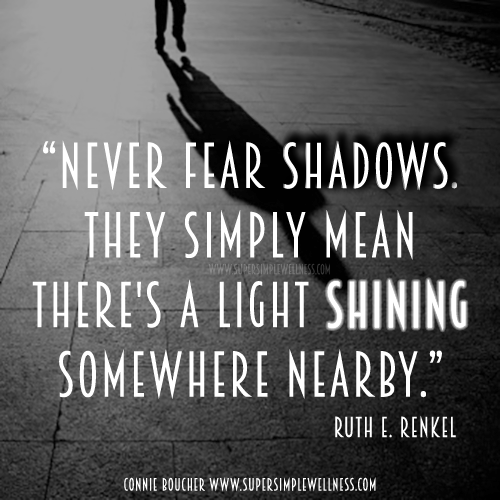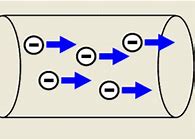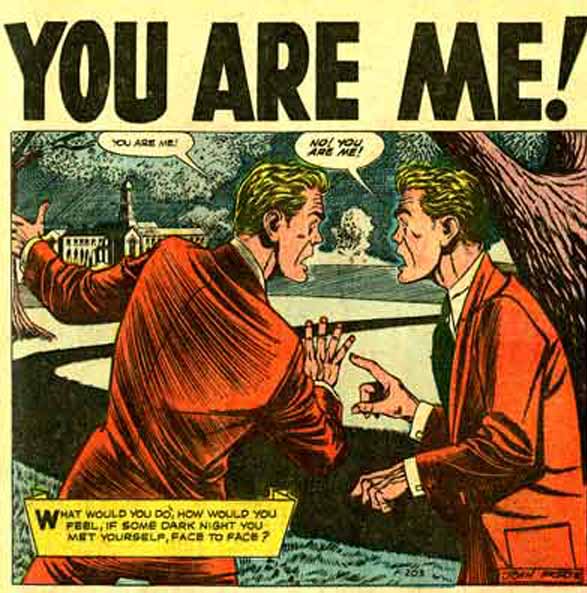
What you deny in yourself, you will live out because you are not on guard against it. Read more at What is The Shadow?
Learn more about Carl Jung's ideas
Click below to find out more about Carl Jung's ideas and how they can help.
Carl Jung's Ideas and How They Help0

 But Jung’s own definition went on to clarify, “If it has been believed hitherto that the human shadow was the source of evil, it can now be ascertained on closer investigation that … shadow does not consist only of morally reprehensible tendencies, but also displays a number of good qualities ” [CW9 paras 422 & 423].1 One of his most famous students, Maria Louise von Franz, cited a woman Jungian therapist who worked with some of the hardest criminals in jail and found that their shadows were incredibly positive.
But Jung’s own definition went on to clarify, “If it has been believed hitherto that the human shadow was the source of evil, it can now be ascertained on closer investigation that … shadow does not consist only of morally reprehensible tendencies, but also displays a number of good qualities ” [CW9 paras 422 & 423].1 One of his most famous students, Maria Louise von Franz, cited a woman Jungian therapist who worked with some of the hardest criminals in jail and found that their shadows were incredibly positive. 
 or a negatively charged particle in physics
or a negatively charged particle in physics  . Negative for him was a scientific term and not a judgment. It was negative in that it was not lived out or processed. It would be no truer with these words to say that everything one actually did in real life was positive in the sense of good. It is merely positive in the sense of being manifest like the positive image of a photographic negative: it has been brought to light.
. Negative for him was a scientific term and not a judgment. It was negative in that it was not lived out or processed. It would be no truer with these words to say that everything one actually did in real life was positive in the sense of good. It is merely positive in the sense of being manifest like the positive image of a photographic negative: it has been brought to light. onto other people or eruption into your behavior.
onto other people or eruption into your behavior.  These can be dangerous, but are not necessarily so, which is why I hesitate to label the shadow negative as is common today.
These can be dangerous, but are not necessarily so, which is why I hesitate to label the shadow negative as is common today. We will see later how those patterns live out.
We will see later how those patterns live out.  and “I know you are but what am I?” So, in the previous example, the senator denying his own homosexuality projected out onto other gays that they were “bad.” A politician who does not feel secure in his ability to lead, will accuse anyone who says he may not be a good leader of being “a traitor.” They have, in fact, merely voiced his own inner insecurity.
and “I know you are but what am I?” So, in the previous example, the senator denying his own homosexuality projected out onto other gays that they were “bad.” A politician who does not feel secure in his ability to lead, will accuse anyone who says he may not be a good leader of being “a traitor.” They have, in fact, merely voiced his own inner insecurity. 
